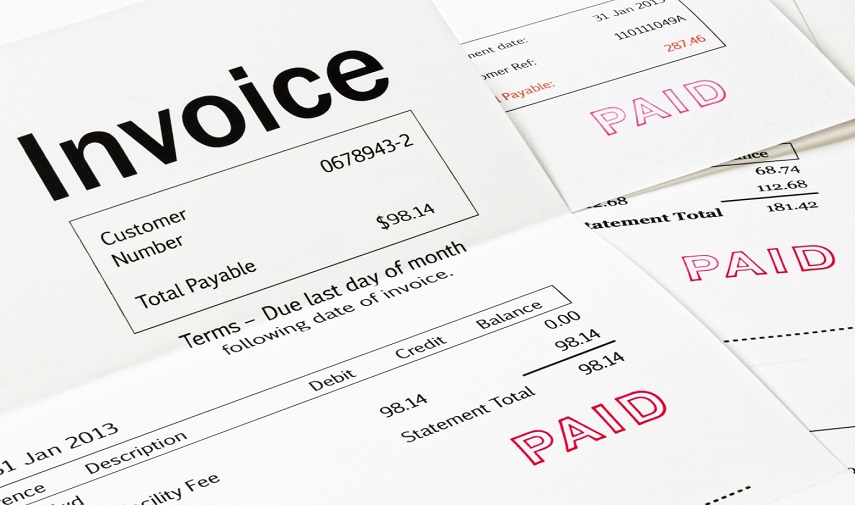Are you looking to start using invoices for your small business? An invoice is an important tool for any type of organization. When you have one, you have a way to get paid for your products and services. The only problem is most people don’t have a clue about how to create an invoice.
If this is you, keep reading. Below, we’ll go over the dos and don’ts of invoice creation. Doing so will help you create an effective small business invoice anyone will have no problem paying.
Let’s begin!
Do’s
When it comes to creating a small business invoice, there are certain key practices that you should follow to ensure accuracy, professionalism, and prompt payment. Here are the essential do’s when it comes to invoicing:
Include Essential Information
Your business billing should contain basic information such as your business name, contact details, client’s name and address, invoice number, and date of issue. Providing clear and accurate contact information makes it easier for your clients to reach you if they have any questions or concerns.
Itemize Goods or Services
Break down the items or services provided, along with their quantities, unit prices, and total amounts. This level of detail helps your clients understand what they are paying for and eliminates any confusion or disputes later on.
Specify Payment Terms
Clearly state the payment terms and due date on your customer billing. This includes the accepted payment methods, any discounts or late payment fees, and instructions for making the payment. Setting clear expectations helps encourage prompt payment and minimizes any misunderstandings.
Branding and Professionalism
Customize your invoice with your business logo, colors, and professional design. This not only creates a consistent brand image but also adds a touch of professionalism, making your business stand out in the eyes of your clients.
Don’ts
While there are several important practices to follow when creating a small business invoice, it’s equally crucial to be aware of certain pitfalls to avoid. Here are some key don’ts when it comes to invoicing:
Avoid Vague Descriptions
Use clear and concise language when describing the goods or services provided. Avoid using generic terms or abbreviations that may confuse your clients. Instead, provide detailed descriptions that accurately represent the items or services.
Don’t Forget to Number Your Invoices
Assign a unique invoice number to each transaction. Numbering your invoices sequentially helps you keep track of your records and makes it easier for both you and your clients to reference them in the future.
Steer Clear of Excessive Jargon
While it’s important to provide the necessary details, avoid overwhelming your clients with technical jargon or complex terminology. Keep the language simple and understandable, ensuring that your clients can comprehend the invoice easily.
Don’t Delay Sending Invoices
Timely invoicing is essential for maintaining a steady cash flow. Send your invoices promptly after completing the work or delivering the goods. Delaying the invoicing process may result in late payments or confusion among your clients. Consider using a platform like https://www.kinitro.com/ to help you manage invoicing.
Creating a Small Business Invoice
By following these do’s and don’ts, you can create professional invoices that improve your business’s efficiency, maintain clear communication with clients, and ensure timely payments. Remember, a well-crafted small business invoice not only acts as a financial document but also reflects your commitment to excellence and professionalism in your business dealings.
We have plenty of informative articles available to you throughout our site. Check them out!

